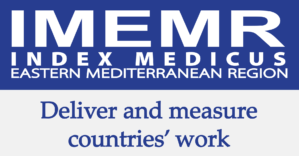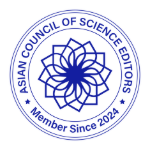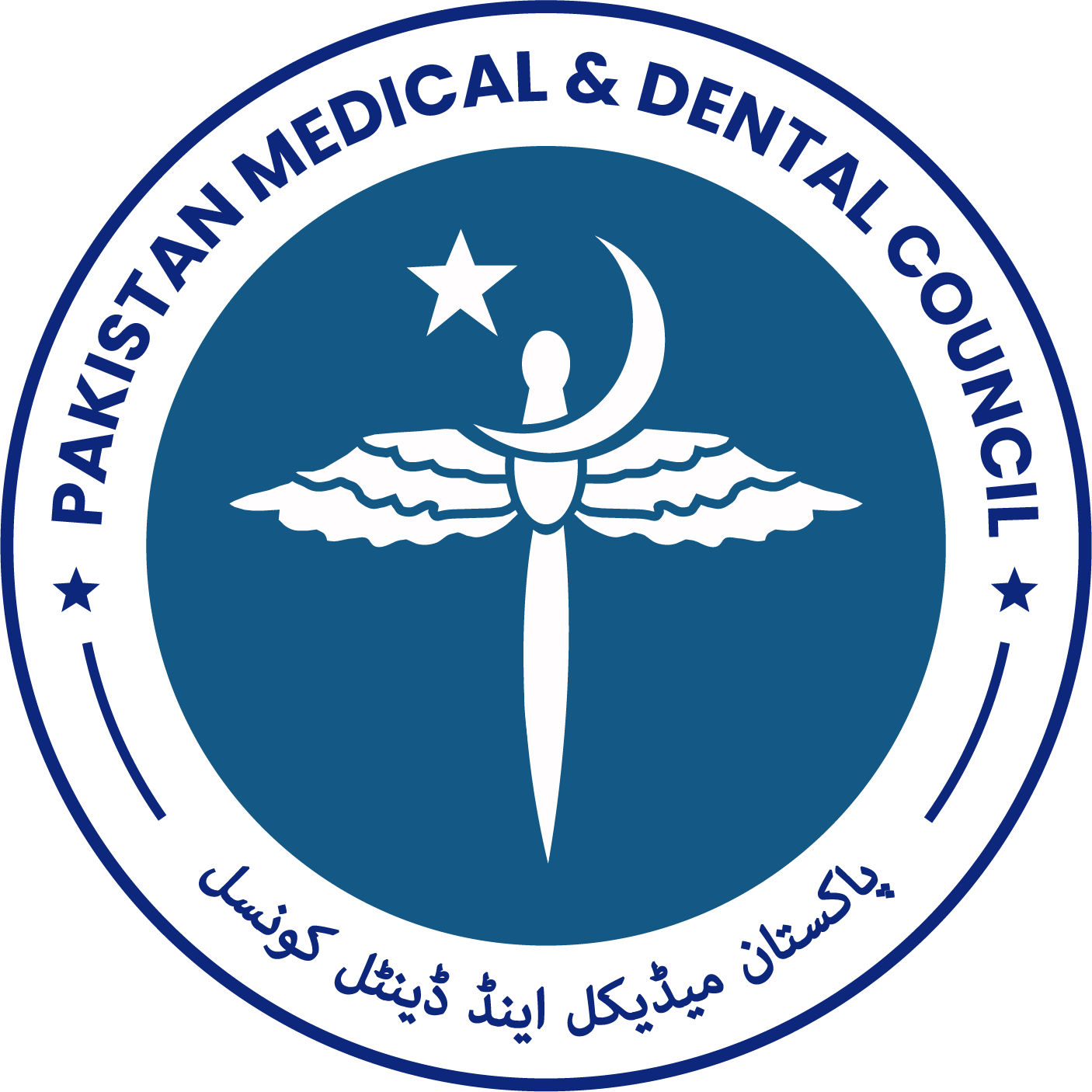Knowledge and Awareness Regarding T1DM in Primary Health care Providers
DOI:
https://doi.org/10.53685/jshmdc.v1i2.68Keywords:
T1DM, Knowledge, Primary Health Care ProvidersAbstract
Background: Diabetes is one of the commonest non-communicable diseases in the world. Type 1 Diabetes Mellitus (T1DM) is relatively less common but it is associated with greater morbidity and mortality. It is important to have the knowledge and awareness of T1DM especially in primary care providers (PCPs) to save the lives of children and young adults with T1DM.
Methods: A cross sectional study was performed by distributing questionnaires amongst the doctors belonging to the field of General Medicine working at the primary care level with practices comprising approximately 10% of diabetic patients. Responses were recorded on a questionnaire and the data was analyzed by SPSS versions 20.
Results: Only 62% doctors were aware about the correct pathogenesis of T1DM. Regarding the most important and fatal complications of T1DM i.e. diabetic ketoacidosis (DKA), 88.9% came up with correct answer. However when asked about the mortality related to T1DM only 22% PCPs gave the right answer. Only 40% of the PCPs could give correct answer regarding the mechanism of action of insulin. 55.6% PCPs were aware of the variation in blood glucose levels and had knowledge how to adjust them. Only 55.6% doctors were aware of cause of hypoglycemia.
Conclusion: Most of the PCPs had suboptimal knowledge regarding T1DM, its pathogenesis, complications and mechanism of action of insulin. This study had identified the need for further improvement in PCPs practices for treating and educating diabetes and recommended that awareness and educational programs are necessary to update the PCPs on screening, effective treatment of T1DM, and prevention of its complications.
Downloads
Published
How to Cite
Issue
Section
License
Copyright (c) 2019 Saira Yousaf, Rozina Arshad, Muhammad Waqeel, Maria Javaid, Hafiza Rabia Naeem, Faiza Kamal

This work is licensed under a Creative Commons Attribution-NonCommercial 4.0 International License.
You are free to:
- Share — copy and redistribute the material in any medium or format
- Adapt — remix, transform, and build upon the material
- The licensor cannot revoke these freedoms as long as you follow the license terms.
Under the following terms:
-
Attribution — You must give appropriate credit, provide a link to the license, and indicate if changes were made. You may do so in any reasonable manner, but not in any way that suggests the licensor endorses you or your use.
-
Non Commercial — You may not use the material for commercial purposes.
-
No additional restrictions — You may not apply legal terms or technological measures that legally restrict others from doing anything the license permits.





















